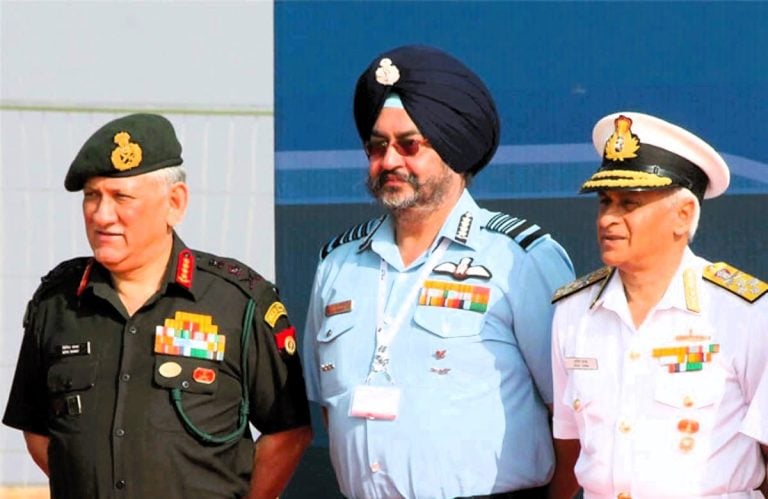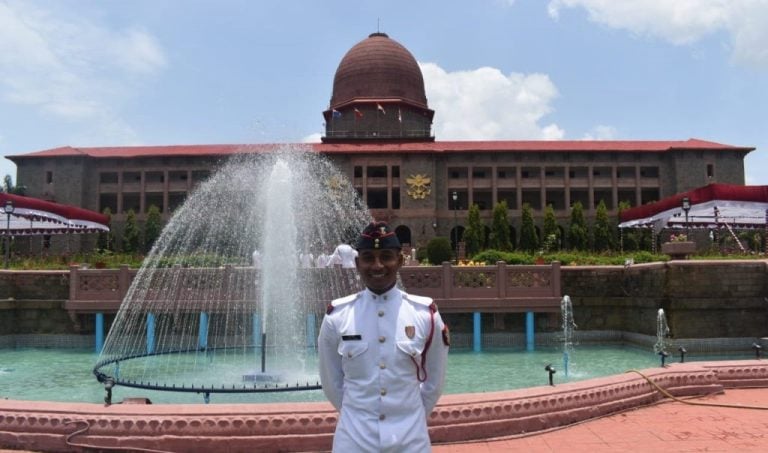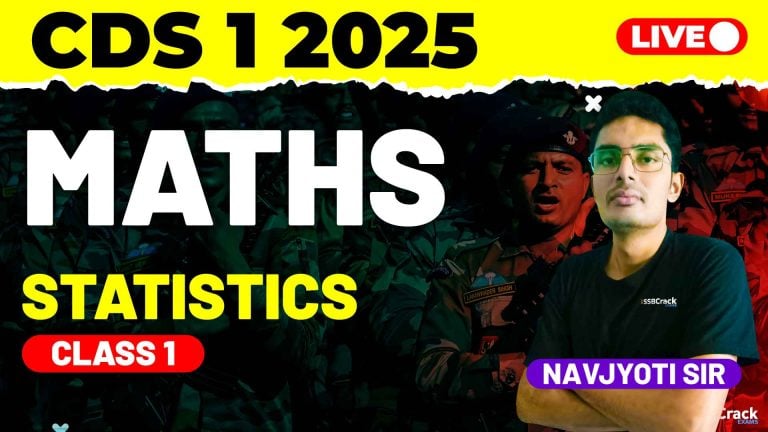In the pursuit of a career in the armed forces through exams like NDA (National Defence Academy) and CDS (Combined Defence Services), aspirants must not only hone their physical and strategic skills but also possess a sound understanding of the constitutional framework that governs our nation. A crucial aspect of this framework is the interplay between Emergency provisions and Centre-State Relations in Indian Polity.
Understanding Emergency Provisions:
The Constitution of India grants the President the authority to declare three types of emergencies under Article 352 (National Emergency), Article 356 (President’s Rule in States), and Article 360 (Financial Emergency). These provisions empower the government to take extraordinary measures to address situations that threaten the security, integrity, or financial stability of the nation.
National Emergency:
A National Emergency can be declared when the security of India is threatened by war, external aggression, or armed rebellion. It temporarily centralizes power, allowing the federal government to override the normal distribution of legislative and executive authority between the Centre and the States.
President’s Rule:
Article 356 allows the President to impose President’s Rule in a state if there is a failure of the constitutional machinery. This grants the Centre the authority to assume the functions of the state government and Parliament to legislate on state subjects. It is a measure of last resort, aimed at ensuring the smooth functioning of the constitutional order.
Financial Emergency:
A Financial Emergency, declared under Article 360, empowers the President to issue directions to states to follow a certain financial discipline to maintain economic stability. However, this provision has never been invoked in India.
Centre-State Relations:
The Indian Constitution delineates the powers and functions of the Centre and the States in the Seventh Schedule. While the Union List contains subjects exclusively under the jurisdiction of the Centre, the State List enumerates subjects solely within the domain of the states. The Concurrent List includes subjects on which both levels of government can legislate.
Emergency Impact on Centre-State Relations:
During a National Emergency, the normal distribution of powers between the Centre and the States undergoes a significant shift. The federal structure tilts in favor of the Centre, enabling it to legislate on State List subjects. This alteration is crucial for maintaining the nation’s unity and integrity in times of crisis.
President’s Rule also influences Centre-State Relations by temporarily suspending the state government’s authority. The Centre steps in to govern the state directly, emphasizing the importance of maintaining constitutional order.
Conclusion:
For NDA and CDS aspirants, a comprehensive understanding of Emergency provisions and Centre-State Relations is essential. These constitutional nuances play a pivotal role in shaping the response of the armed forces during times of crisis, where a clear understanding of the legal framework becomes crucial. As candidates prepare for the upcoming exams, they should recognize the significance of these topics in the broader context of national security and governance. The ability to navigate the constitutional landscape will not only aid them in the examination hall but will also contribute to their preparedness for the multifaceted challenges that await them in their future roles as defenders of the nation.

















